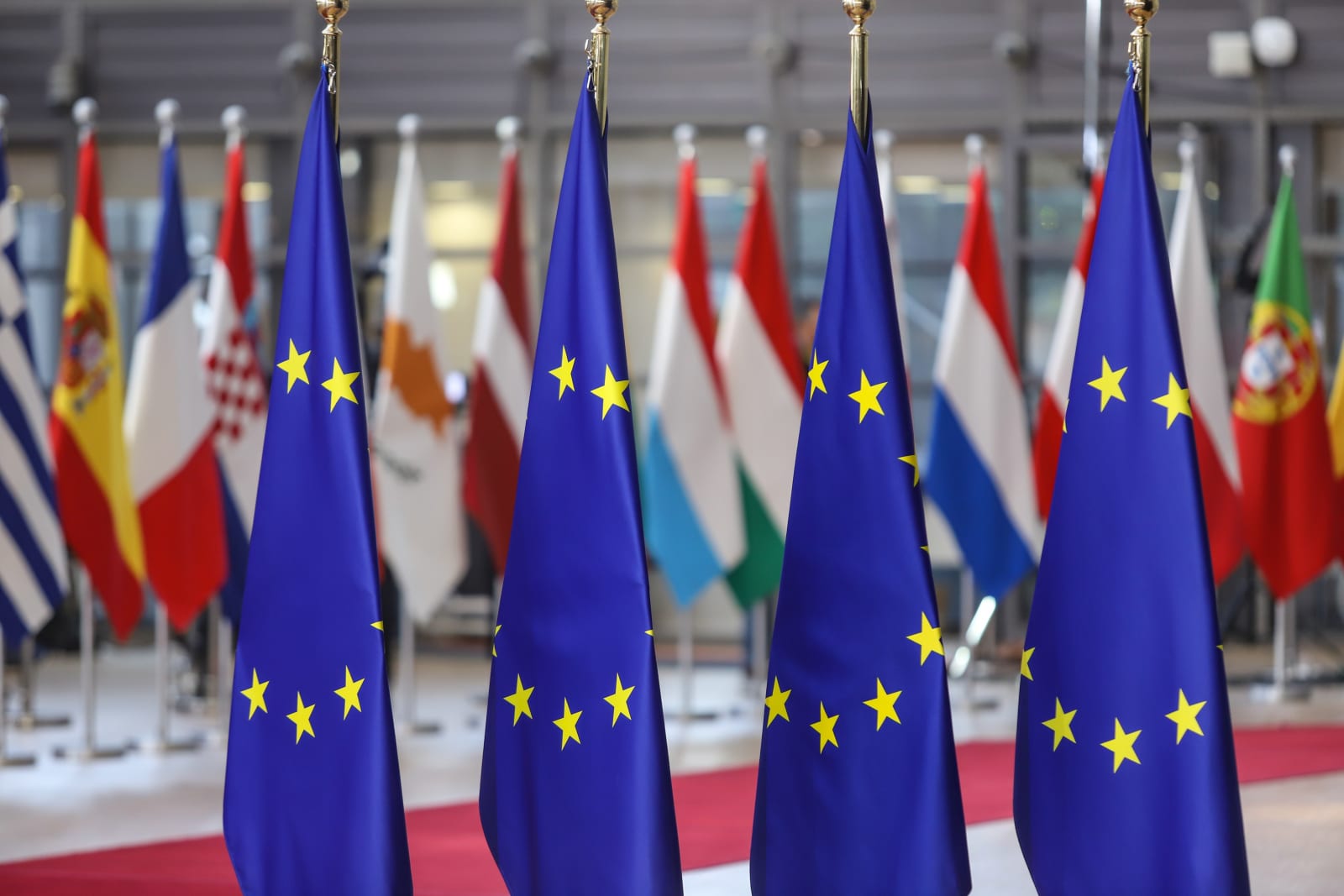Tag Archives: European Court of Justice
Poland challenges EU’s new copyright law over censorship fears
 The EU's contentious copyright law is already facing some opposition from one of its existing members. Poland has submitted a complaint to the European Court of Justice arguing that the law's requirement for filtering content had the potential for c...
The EU's contentious copyright law is already facing some opposition from one of its existing members. Poland has submitted a complaint to the European Court of Justice arguing that the law's requirement for filtering content had the potential for c...
Google Gives Europeans the Clean Slate

The European Court of Justice gave people from the Old Continent the right to be forgotten, and Google committed to the new rules by offering a form on its site for any requests regarding the removal of outdated, wrong or irrelevant data from the search results.
Ever since the European Court of Justice made that rule, Google received a lot of requests from people who wanted to start fresh, in terms of search results. Most requests came from Germany (40%) and the UK (13%), but that doesn’t mean that the rest of Europe is not concerned about the image they have on the Web. Until now, the Internet was very much like Vegas, in that what happened on the Web stayed on the Web, but this new rule is about to change all that. The removal of certain search results raises some concerns, though, as most of the requests are for pages detailing scams and fraud.
Larry Page stated that “trying now to be more European, and think about [data collection] maybe more from a European context. [...] I wish we’d been more involved in a real debate … in Europe. That’s one of the things we’ve taken from this, that we’re starting the process of really going and talking to people.”
Jim Killock, executive director of the Open Rights Group, added that “There are clear privacy issues from time to time about material published on the web. To actually have a mechanism to deal with this seems to be the right way to go.”
According to Dina Shiloh, of the law firm Mishcon de Reya, “Essentially this is a clash that was right to happen. You have Europe’s privacy rights, which are very different to the understanding in the US. Privacy is not dead in the EU.”
Viktor Mayer-Schönberger, an Oxford Internet Institute employee in charge with Internet governance and registration. “In that way, they are already editing the web, and have always – there are links to terrorist stuff, neo-Nazi stuff, to child abuse images. Government agencies contact Google and have them take stuff down. The real question is, is this going to be more repressive than the other things they are doing? Is it going to negatively impact the trajectory of the internet? I don’t think it will.”
If you happen to live in Europe and have some pages that you’d like to see gone, feel free to make a request here. Just don’t think that the removal of sensitive data is made by snapping your fingers. Google requires you to submit a copy of your ID and ties you to some legal terms.
Be social! Follow Walyou on Facebook and Twitter, and read more related stories about Google and Samsung’s global patent cross-licensing agreement and the US Senate Bill that could make smartphone kill switch mandatory.
UK High Court rules ISPs to block Pirate Bay, forgets it ain’t the boss anymore
The High Court has ruled that British ISPs must block web-browsing citizens from accessing the infamous Pirate Bay. The controversial ruling comes just six months after the European Court of Justice (a superior court) declared that companies like Sky and TalkTalk were protected against injunctions to block, filter or monitor internet traffic for that purpose. Virgin Media told the BBC that it would comply, before sensibly adding that censorship measures like this are ineffective in the long term.
UK High Court rules ISPs to block Pirate Bay, forgets it ain't the boss anymore originally appeared on Engadget on Mon, 30 Apr 2012 12:18:00 EDT. Please see our terms for use of feeds.
Permalink | BBC News | Email this | Comments
BBC News | Email this | Comments 